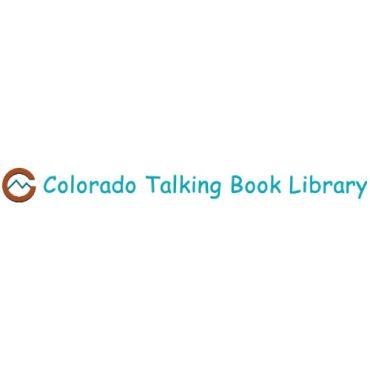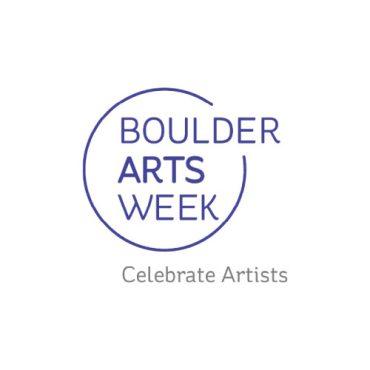With the recent decriminalization of psilocybin in Denver, and now Oakland, we take a look at new research into how psychedelic drugs could be an effective treatment for depression, anxiety, PTSD, and other mental health problems. KGNU’s Katie Bursack speaks with psychologists and researchers about what role psychedelics can play in the treatment of disorders and what mental health benefits they could provide to everyone.
-
 play_arrow
play_arrow
Therapeutic Use of Psilocybin KGNU News
Rob Colbert has a Masters in counseling and Transpersonal Psychology, PHD in Anthropology and social change. He is a member of the Nowak Society and as such is an advocate of using psychedelic substances for his patients and even for those not struggling with a mental illness. “I think there is a reason that humans have been using psychoactive substances to alter their consciousness for thousands of years, they are of benefit to our human potential and human growth, the creativity of how we apply our conscious minds to our everyday lives.”
New research is emerging about the therapeutic benefits of psychedelic substances. In a 2016 report published in The Lancet Psychiatry journal, patients with treatment-resistant depression were given doses of psilocybin, and their depressive symptoms were markedly reduced within one week. Rob Colbert says there is also little evidence showing negative impacts of psilocybin use compared with other drugs.
“It is in the list of the top 5 recreational drugs young people are using, but is ranked the lowest, even below cannabis, of substances that land people in the hospital. I think we should increase people’s choices in what they can do when they want to get help, and if psilocybin is it then we should go for it.”
Colbert argues that people suffering from mental illnesses like depression, anxiety, and PTSD may need these substances in order to heal when traditional medications don’t seem to help.
“A lot of medications (antidepressants and anti anxiety) do not work for people and can actually cause a net negative, people need access to these other treatments like shrooms or MDMA.”
Derrick May is a Boulder based addiction psychiatrist, and former Johns Hopkins Research fellow, who has done research on using psilocybin to treat major depressive disorder, and using MDMA to treat PTSD.
“Replacing daily use medications is the goal, and psychedelics have been shown to be just as beneficial, but there is currently no studies on the effect of people currently on antidepressants taking shrooms because there is a serotonergic effect.”
Particularly, psilocybin has been shown to improve some compulsive disorders says May. “Any condition where there is a tightening of mental process, where people can’t stop thinking about one thing like in OCD, or are ruminating over their depression can benefit.”
But, he also cautions that it’s not for everyone. “ Mental conditions where there is a loosening of thought processes like in psychosis or schizophrenia can cause more freedom in thought processes and be detrimental. Anyone with a family history of psychosis should stay away from this substance.”
When these substances are used clinically or in a non-clinical setting, May warns that there is always the possibility of experiencing a “bad trip.”
“Bad trips AKA anxiety attacks can happen, for people with psychosis it can have serious consequences and induce hallucinogen perception disorder that can cause lifelong changes in the brain, but most bad trips are challenging experiences that can be learned from.” (3:20) “The risks can be managed in a clinical setting, and we are seeing that they actually are not as risky as they were once thought to be.”
A 2016 report published in the Journal of Psychopharmacology showed that bad trips can be a reality for many people. Nearly 2000 people were surveyed about their single worst “bad trip” after consuming psilocybin mushrooms. Thirty-nine percent rated it among the top five most challenging experiences of their lifetime. Eleven percent of respondents said they put themselves or others at risk of physical harm. One factor identified in that report was the lack of social support while taking the drug, something Katie Klumb, a licensed counselor, says can be overcome.
“I would encourage people to be mindful of where they are taking these substances, making sure they are safe, making sure there are people there to support them, because yeah, where we are taking this matters.”
Klumb thinks that there are many benefits to be found from psilocybin, particularly in the treatment of trauma.
“Trauma can be really hard to work through and take people a long time to process an event, and it can have a range of impacts on someone’s life, some of which can be devastating, so that’s what I am most excited about from a mental health perspective.”
There are even benefits for people who experience chronic pain conditions, Eli Katz, who was involved with the decriminalization movement in Denver, uses psilocybin in micro-dosing form on a daily basis.
“I microdose shrooms every day to help fight the pain of my chronic condition, without this medication I would have what is essentially a migraine in my foot.” Microdosing causes no psychedelic effects, can help grow new circuits in your brain to help trauma healing, no tripping under .25 grams.”
FDA has granted breakthrough therapy status to psilocybin, allowing a select group of therapists to use it on patients with treatment-resistant depression in order to determine the optimal dose of the drug. In the meantime, more communities are looking to decriminalize it.
Oregon is considering a 2020 ballot measure to allow Oregonians to use “guided psilocybin services” for therapeutic purposes.
And earlier this summer, Representative Alexandria Ocasio-Cortez introduced legislation to allow federally funded scientific research of psychedelics, including psilocybin, in the treatment of mental health diseases.
-
 play_arrow
play_arrow
Therapeutic Use of Psilocybin KGNU News
Podcast: Play in new window | Download



















